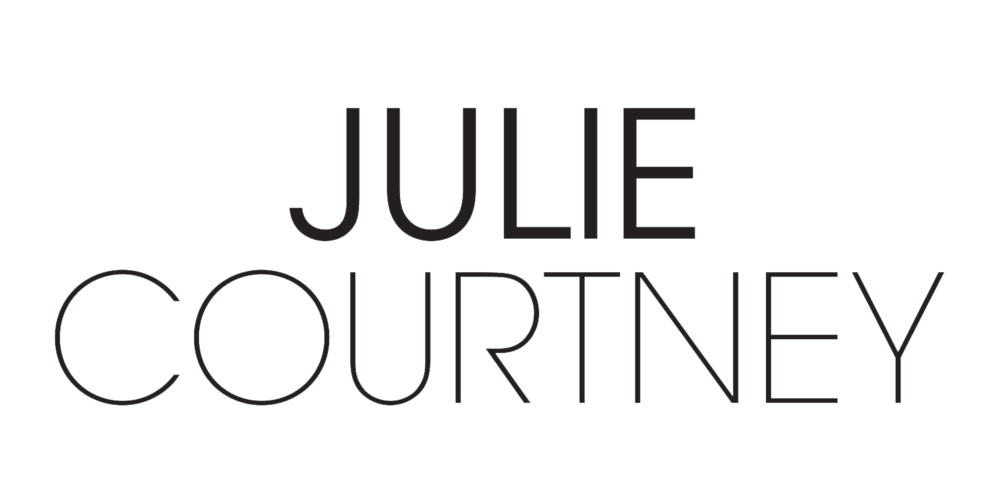Is there anyone out there who would say that their life is free of complication and complexities, and that the accelerated pace of life in recent years is perfectly manageable? Working to help people find resilient strategies that will help address personal sustainability and bounce back, I find that the best way to confront complications and complexities is to meet it head on with simplicity. It’s the small every day wins that collectively, over time, can make a big long-term difference to sustaining resilience.
Taking a well-earned break in Greece last week, I reflected on the Women in Leadership – The Resilience Debate that took place the week before at Standard Chartered Bank. These lunch time sessions are always centred around women and the resilience challenges they face and yet the debate takes a slightly different direction every time, which is why I love hosting them so much. This time the discussion covered what resilience is, the performance dial, what a good day looks like and the love jug!
Joined by guest speakers, Sarah Flynn, Business Psychologist and Post Natal Facilitor and Beth Knight, Head of Strategy & Operations for the EY Beacon Institute, the debate entitled Breathing Space – Lessons for the Modern Woman, started with many delegates questioning what a resilient woman looks like. Is it the definition of a tough women? Is it powering through, hoping never to reach burnout? Is it about over-sharing in order to be understood?
The truth is, a resilient woman could be any one of us, but we need to learn to play to our strengths. Understanding ourselves and recognising when we need to adjust the performance dial in order to reach a more balanced state is key. After all, if we don’t put a limit on how much we are willing to deliver, we may find we are left with nothing more to give.
Learning how to judge and navigate conversations and situations is particularly useful when up against cultural or system challenges. This is important in a corporate environment, where the disconnect between managers and supporting team resilience is often apparent. Many in the room could relate to the lack of support, with feelings of reluctance to admit to managers that changes either personally or in their careers, were affecting someone’s resilience. In turn, as Managers we can also find it difficult to have those “I’ve noticed” conversations. It is true that in many organisations employees are not supported in this regard and this unfortunately can stop things being identified or monitored early enough in order to positively support the situation before it becomes more extreme.
As women in leadership, and by leadership we mean how we lead ourselves as well as others if relevant, we can support the team around us in times of challenge and change, but only when we recognise how to help ourselves. Sarah Flynn likens this to our love jug. As a parent, spouse, colleague, child and sibling, when we’ve given so much love to so many people, how much is left for ourselves, and if we over-extend our energy how then do we refill the love jug if we have allowed ourselves to become over-depleted.
In order to be our whole and best self we ideally need to be in an environment where our personal values are reflected. Looking at the small wins by understanding our priorities and not being afraid to ask for help are relatively simple, if we allow ourselves to do it. I always ask my clients to think about what a bad day looks like to them and what a good day looks like. We need to learn to be more kind and patient with others, and ourselves with the aim to achieve more good days, where possible. We can’t avoid the knocks, but we can learn how to bounce back and if we can hold on to the qualities of what our good days looks like, how to achieve that elusive bounce back will become clearer and clearer.
Allowing ourselves some breathing space is the very first step we can take towards greater resilience and will help us to identify the small, simple changes we need to make life better.
